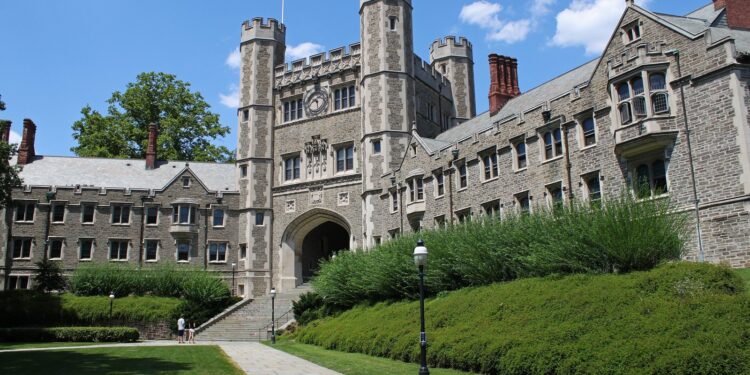The United States is once again tightening its stance on foreign students, with proposals echoing the Trump administration’s strict immigration approach. The latest move seeks to intensify vetting procedures, including comprehensive background checks and social media monitoring, for international students applying to American universities.
The policy shift, which revives measures initially introduced during Donald Trump’s presidency, reflects a broader push among Republican lawmakers and immigration hardliners to prioritise national security over educational exchange. The proposed rules would give immigration authorities expanded powers to scrutinise applicants from certain countries deemed “high-risk,” with special focus on ties to foreign military, intelligence services, or ideological movements.
Critics argue the initiative is part of a wider agenda to deter non-American students, particularly from China, Iran, and other nations labelled strategic rivals. According to sources close to the Department of Homeland Security, the plans under consideration include mandatory disclosure of past military service, political affiliations, and extensive digital history — including social media activity going back several years.
While advocates of the proposal claim it is a necessary safeguard against espionage and academic theft, education institutions have voiced strong opposition. University leaders warn that the measures will damage America’s global reputation as an academic destination and hurt domestic research by limiting access to international talent.
“US universities thrive on openness and diversity,” said a spokesperson from the Association of American Universities. “Overly aggressive screening not only dissuades top students from applying, but it also sends a message that the US is retreating from academic leadership.”
International students contribute over $40 billion annually to the US economy and are a vital component of science and engineering programmes. Yet the proposed crackdown risks triggering a sharp decline in enrolment, especially from Asian countries that supply the majority of STEM talent.
The Biden administration had rolled back many Trump-era visa restrictions and sought to attract more global students, aligning immigration with economic competitiveness. However, rising geopolitical tensions and renewed national security concerns are now giving fresh momentum to tougher visa scrutiny.
Whether these proposals will be formally adopted remains uncertain, but the political pressure is mounting as the 2024 presidential election cycle intensifies. With Trump vying for re-election and immigration policy again a central campaign theme, observers expect education visas to become another flashpoint in the broader debate over America’s borders and global role.
As the US reconsiders its openness to foreign students, universities and applicants alike are left navigating a more uncertain and politically charged environment — one where academic merit may increasingly be weighed against national security fears.
newshub finance


Recent Comments